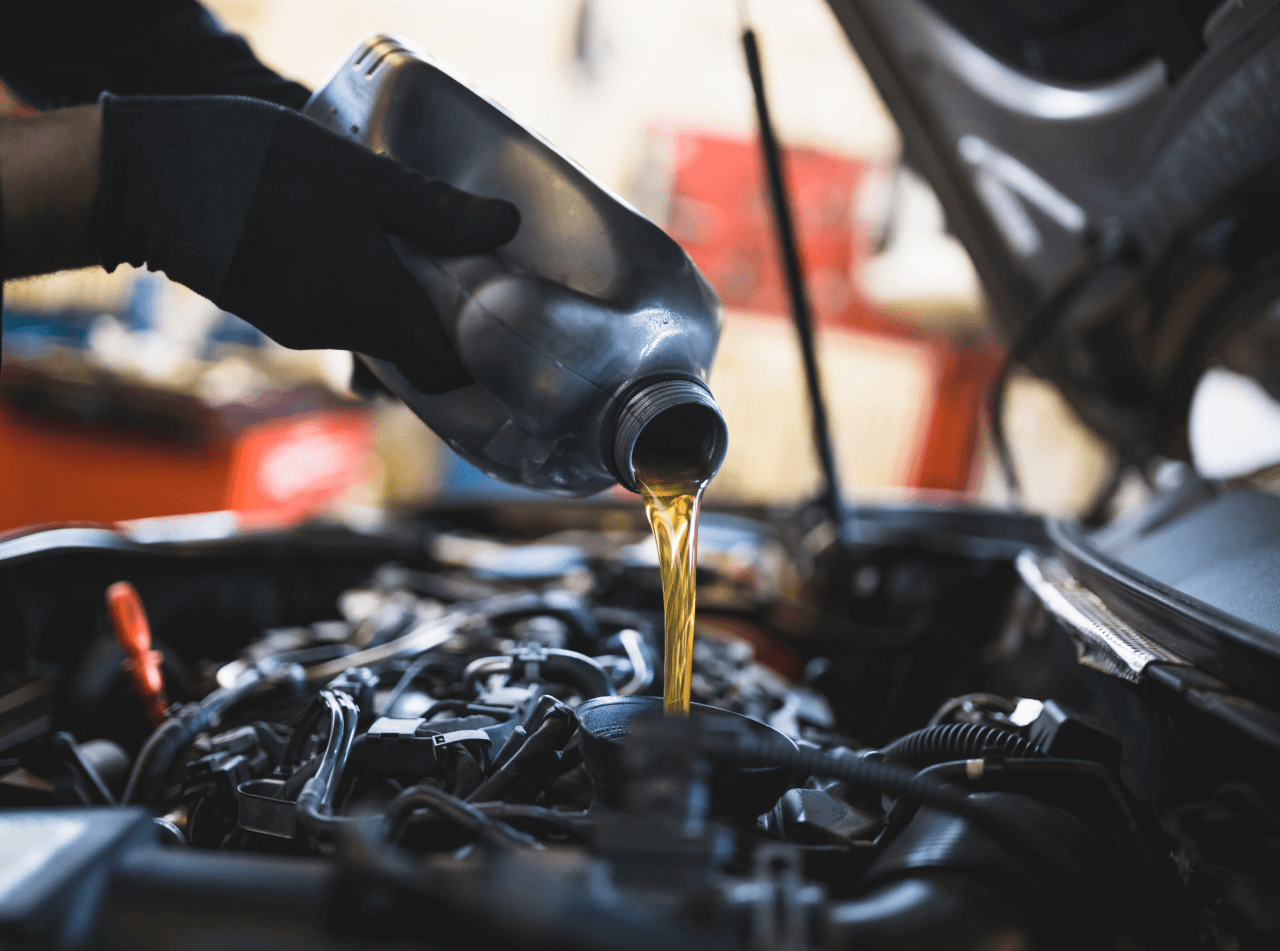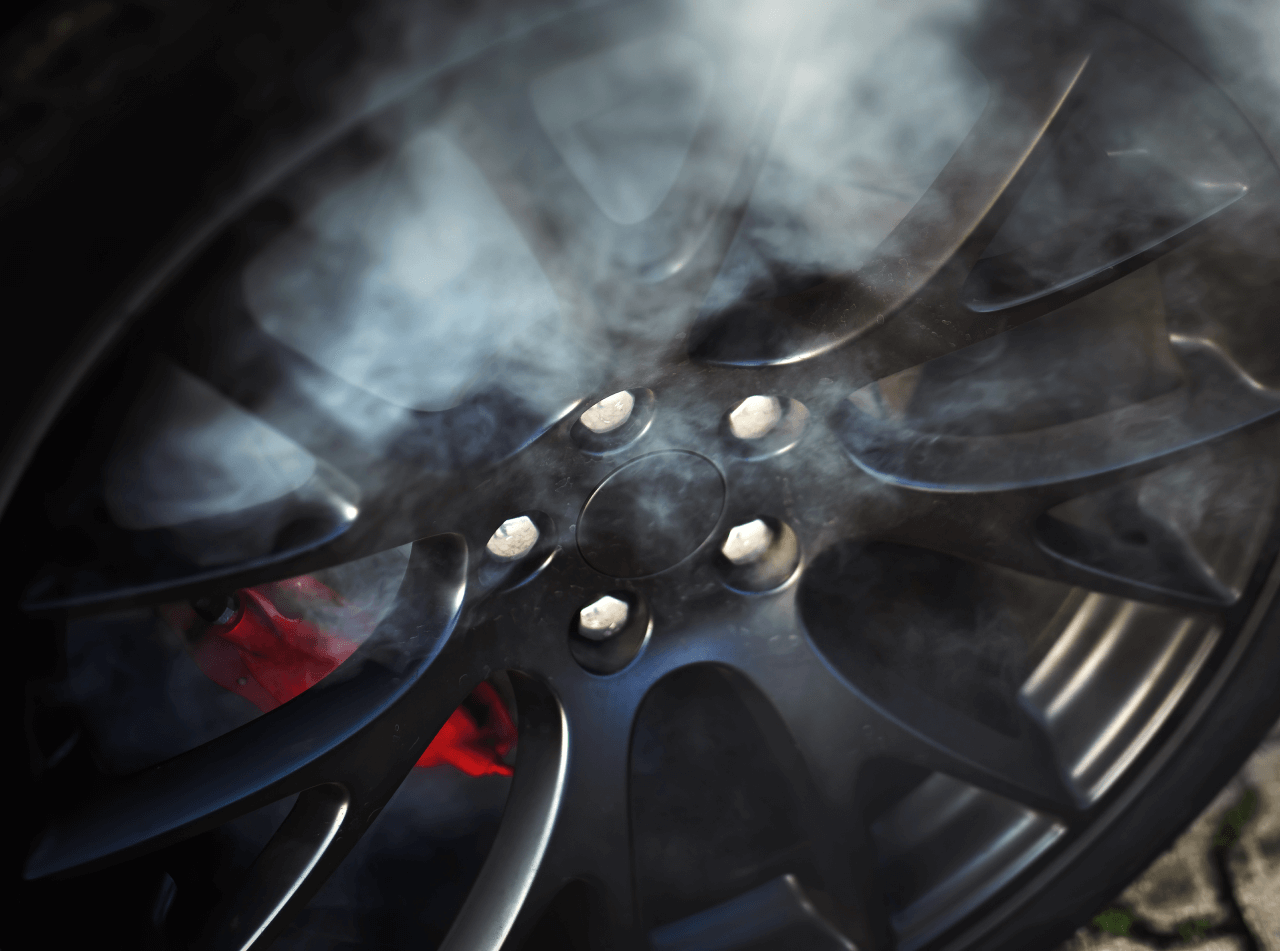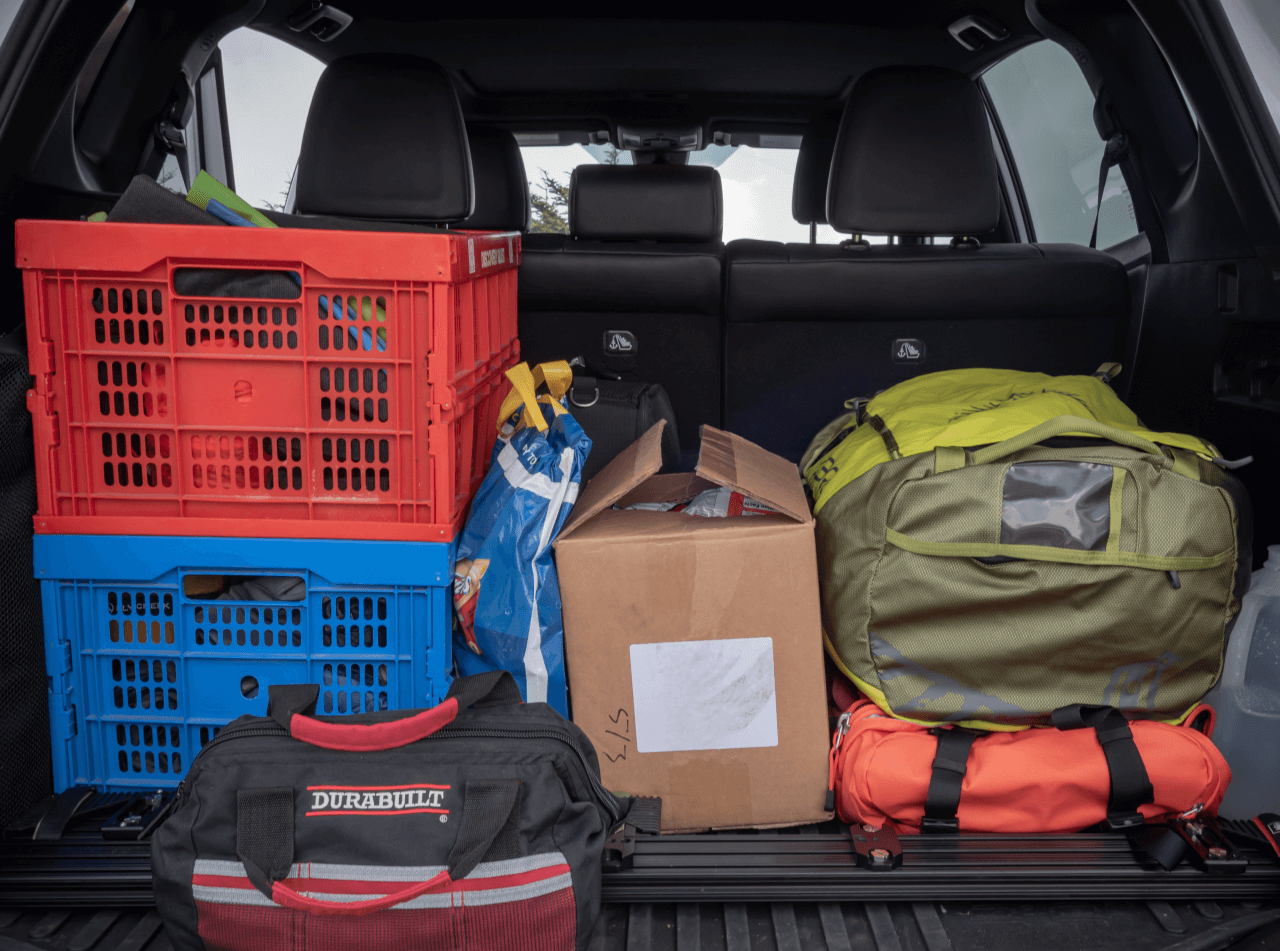
When summer hits in the Mountain West and Pacific Northwest, your car feels the heat just as much as you do. From long road trips to daily commutes in triple-digit temps, your vehicle needs extra attention to keep running smoothly through the season.
We’ve put together some essential summer car care tips to help you avoid breakdowns, stay safe, and keep cool on the road.
1. Watch Your Cooling System
Hot summer days put serious stress on your engine. If your cooling system isn’t in top shape, you risk overheating, especially when driving through Utah canyons or climbing steep Idaho mountain passes.
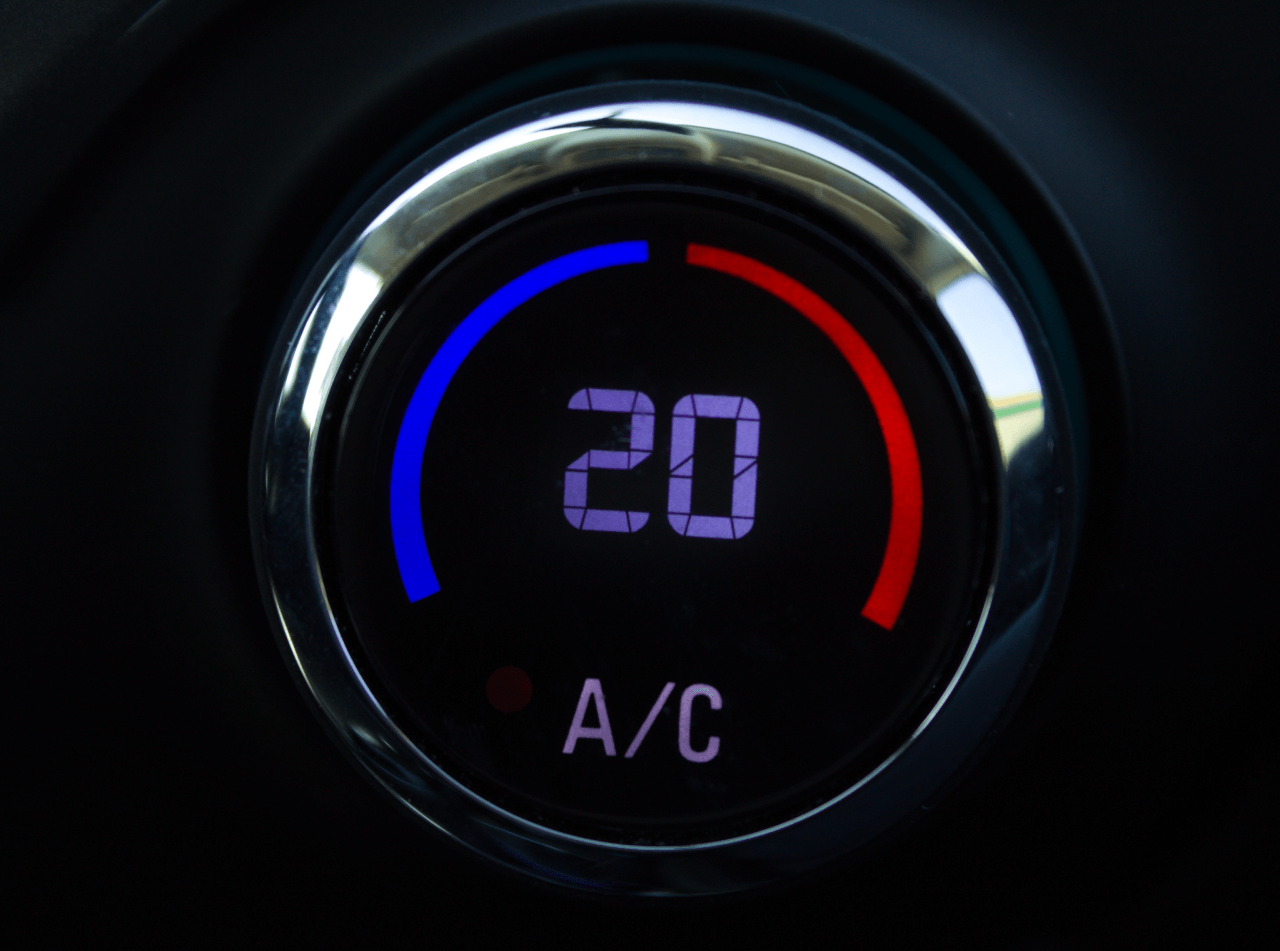
- Check your coolant level and top it off if needed: Start by checking your coolant level. Low coolant reduces your engine’s ability to regulate temperature, especially during stop-and-go traffic or uphill climbs. Be sure to use the correct coolant for your vehicle and mix it according to manufacturer guidelines if you’re diluting it yourself.
- Inspect radiator hoses for cracks or leaks: These flexible tubes carry hot coolant away from the engine to be cooled and then cycle it back. Over time, hoses can dry out, crack, or develop small leaks. Feel for any soft spots, bulges, or areas that seem brittle. Even a minor leak can lead to serious issues under extreme heat.
- Consider a coolant flush if it’s been more than two years: Flushing the system clears out old, degraded fluid that may be full of rust, scale, or other deposits that reduce efficiency. A clean system with fresh coolant circulates more effectively, helping your engine manage heat, even on steep inclines or during extended drives across high-elevation roads.
2. Monitor Tire Pressure and Tread
Rising temperatures can cause tire pressure to increase, which impacts handling and tread wear. Whether you’re navigating I-15 or heading up to the Oregon Coast, make sure your tires are ready.
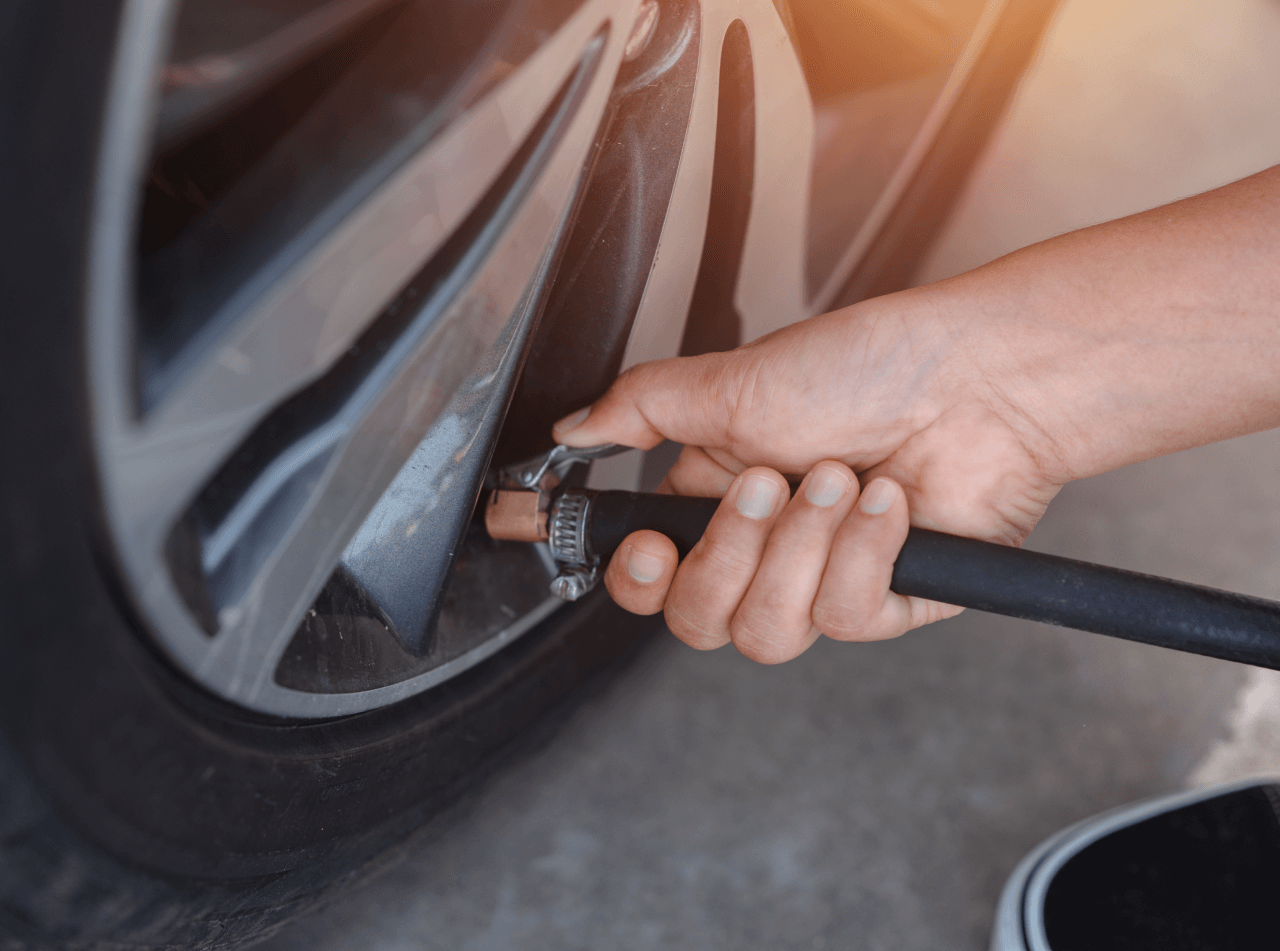
- Check tire pressure when tires are cold (early morning is best): Heat causes air to expand, so as the outside temperature rises, so does the pressure inside your tires. That might seem like a good thing if your pressure was low during winter, but overinflated tires reduce traction, wear unevenly, and are more likely to blow out, especially at highway speeds.
- Look for uneven wear, bald spots, or bulging sidewalls: Worn-out tires lose grip faster on hot pavement, and if you’re towing or hauling gear through high-altitude areas, that loss of control becomes even more dangerous.
- Rotate your tires every 5,000 to 7,000 miles: Front and rear tires wear differently due to braking and turning forces, so regular rotation extends tire life and helps maintain balanced handling.
3. Test Your Battery
Heat can be harder on your battery than cold. High temperatures accelerate corrosion and shorten battery life, especially in cars parked outside all day.
- Check for corrosion around the terminals: Corrosion can interfere with the battery’s ability to charge properly, leading to slow starts or electrical glitches. If you see buildup, clean it off with a battery terminal brush or a simple mix of baking soda and water.
- Make sure cables are tight and clean: A loose connection might mimic a dead battery, leaving you stranded even though the battery itself still has charge.
- If your battery is over 3 years old, have it tested: Most auto shops and service centers (like Master AutoTech) can do this for free. A quick load test will let you know if your battery is still holding a full charge or on the verge of failure.
4. Change Your Oil and Check Fluids
Your engine oil thins out in the summer heat, which means it won’t lubricate as well. Regular oil changes are one of the easiest ways to protect your engine.
- Use full synthetic oil for better heat resistance (if your engine calls for it): Synthetics hold up better under extreme heat and provide more stable protection during high-speed highway driving or when towing heavy loads. They also last longer between changes, which is a plus if you’re planning road trips or long summer drives.
- Check your brake, transmission, and power steering fluids: Transmission fluid also plays a critical role in shifting smoothly under pressure, and hot weather puts extra strain on that system. If the fluid is dark or smells burnt, it’s time for a flush or change.Don’t forget about power steering fluid. It doesn’t get talked about as much, but it plays a big role in responsive handling. Low fluid levels can cause stiffness or whining noises when you turn the wheel—something you don’t want when you’re weaving through mountain passes or navigating city traffic.
- Top off the windshield washer fluid with bug-removing solution: Bugs, dust, and road grime build up fast in the summer. Use a washer fluid formulated to cut through bug splatter, so your wipers don’t just smear it around. Visibility matters—especially at highway speeds or when the sun hits the windshield just right.
5. Inspect Your Brakes
Summers in Utah and Idaho can mean stop-and-go traffic, mountain descents, and long road trips—all of which take a toll on your brakes.
- Listen for squealing or grinding: A high-pitched squeal usually means your brake pads are wearing thin and need replacing soon. A grinding noise, on the other hand, often means the pads are already gone and metal is hitting metal—bad news for your rotors.
- Check brake pad thickness: Most pads start at around 10-12mm thick. If they’re down to 3mm or less, it’s time to replace them. It’s also a good idea to check for uneven wear, which could point to a sticking caliper or worn-out hardware.
6. Keep the AC Running Strong
Don’t suffer through 90+ degree days with a weak air conditioner. If your AC isn’t blowing cold, don’t ignore it—schedule an appointment to get your AC inspected and serviced ASAP.
- Run your AC and check the airflow and temperature: If it’s lukewarm or the cabin doesn’t cool down quickly, something’s off. One common issue is low refrigerant, usually from a slow leak. You might not see or smell anything, but performance drops noticeably. It’s also possible the compressor or cooling fan isn’t working properly, which means it’s time for a professional diagnosis.
- Replace the cabin air filter if it smells musty or airflow feels weak: If the vents smell musty or the airflow feels restricted, your filter may be clogged with dust, pollen, and debris. A fresh filter can instantly improve airflow and get rid of odors.
- If your AC struggles, get it inspected professionally: Systems under strain can lead to bigger problems like compressor failure, which costs way more than a basic recharge or repair. A quick inspection can often catch the issue early and keep you cool all summer long.
7. Stock or Refresh Your Emergency Kit
Summer breakdowns are no joke, especially if you’re stuck somewhere remote in Idaho, the Utah desert, or Eastern Oregon. A basic emergency kit can be a real lifesaver.
- Water, snacks, flashlight, jumper cables, tire sealant, basic tools
- Phone charger or power bank
- Sunshade, rain poncho, and first-aid supplies
Act on These Summer Car Care Tips With Master AutoTech
Hot weather doesn’t have to mean hot tempers on the side of the road. With these car care tips for summer, you can enjoy the open road with fewer surprises. Trust your local Master AutoTech shop to help you prep your car for summer.
We’re proud to serve drivers across Utah, Idaho, and Oregon with honest advice, certified techs, and reliable repairs. Schedule a summer check-up today and drive with confidence all season long.
Related Posts
Key Takeaways On average, passenger vehicle tires last 40,000 to 60,000 miles, depending on type, driving habits, and maintenance. Replace tires when tread depth reaches 2/32”, if damaged, or older than 10 years. Regular rotation, alignment, and proper inflation extend tire life. Aggressive driving, poor roads, and harsh weather shorten tire lifespan. Take advantage [...]
When you think about car maintenance, you probably focus on oil changes, tire rotations, and maybe even brake pad replacement. But what about your brake fluid? If you’ve ever wondered, “What does brake fluid do?” or “Why is brake fluid important?”, you’re not alone. Brake fluid might not be the most talked-about part of [...]
Is that high-pitched squeal from your brakes driving you—and everyone else—crazy? Don’t ignore it. Squeaky brakes aren’t just annoying, they’re your car’s way of saying something needs attention. Whether you're cruising through Salt Lake City or winding up Idaho’s mountain passes, here’s what’s likely going on, how you can fix it, and when it [...]

